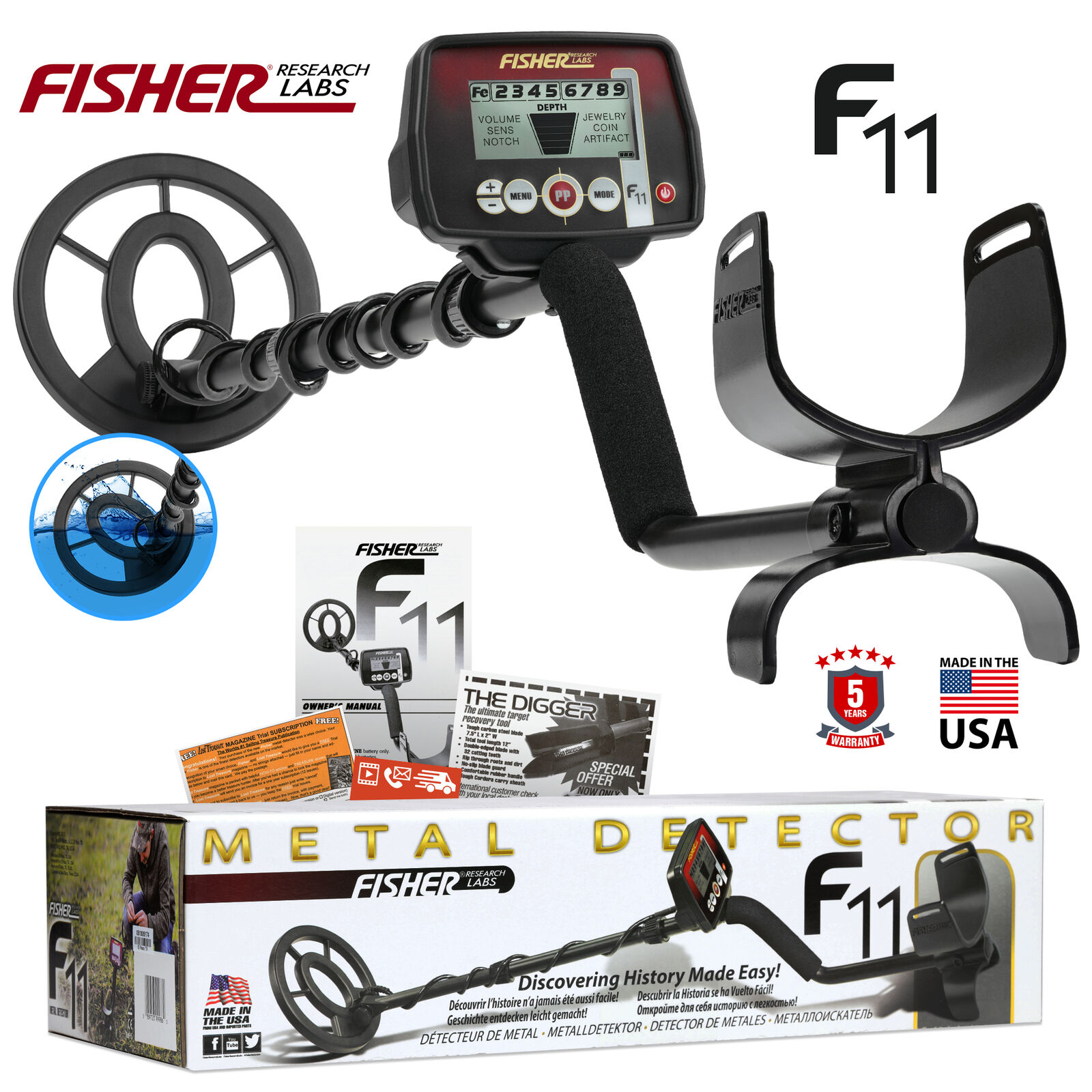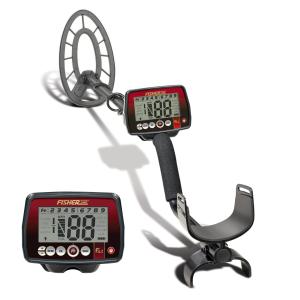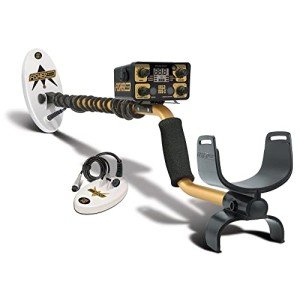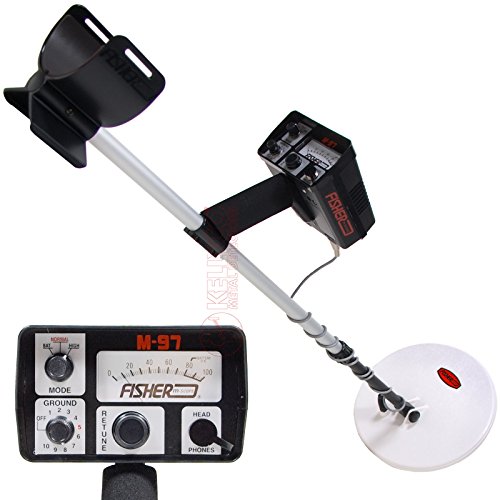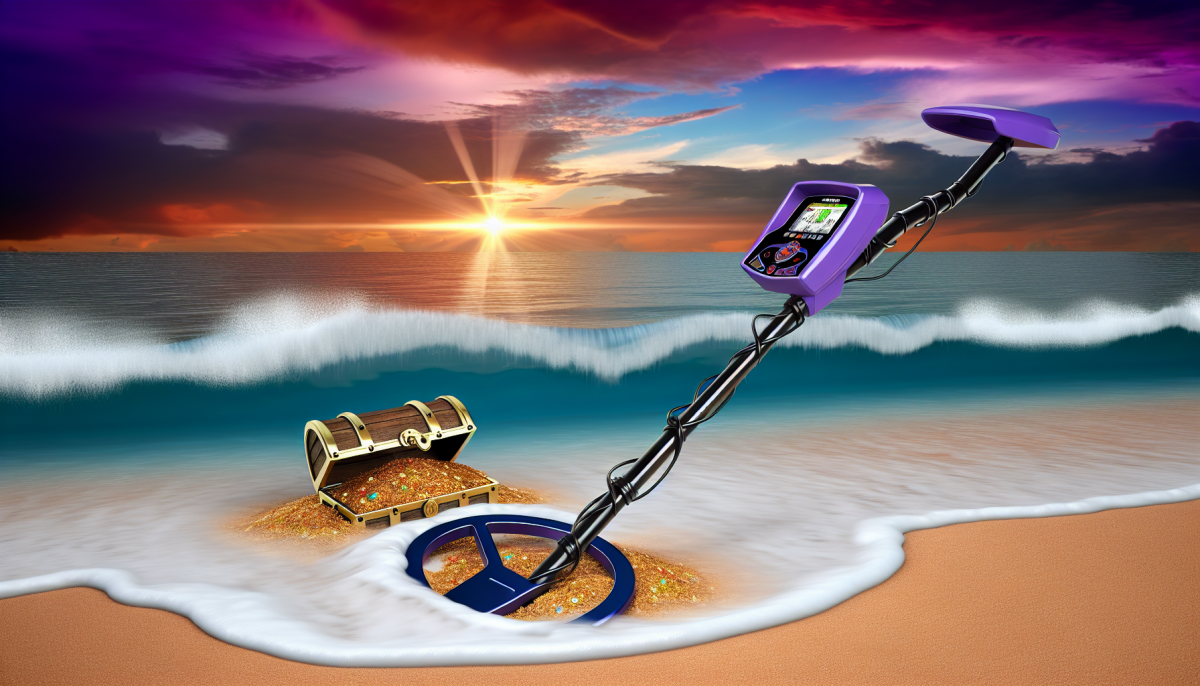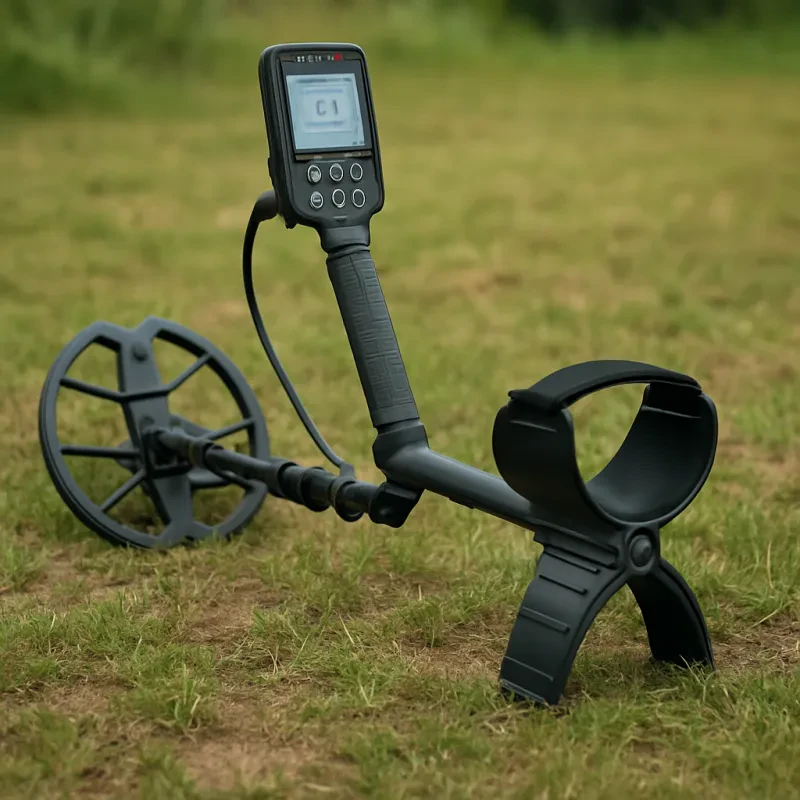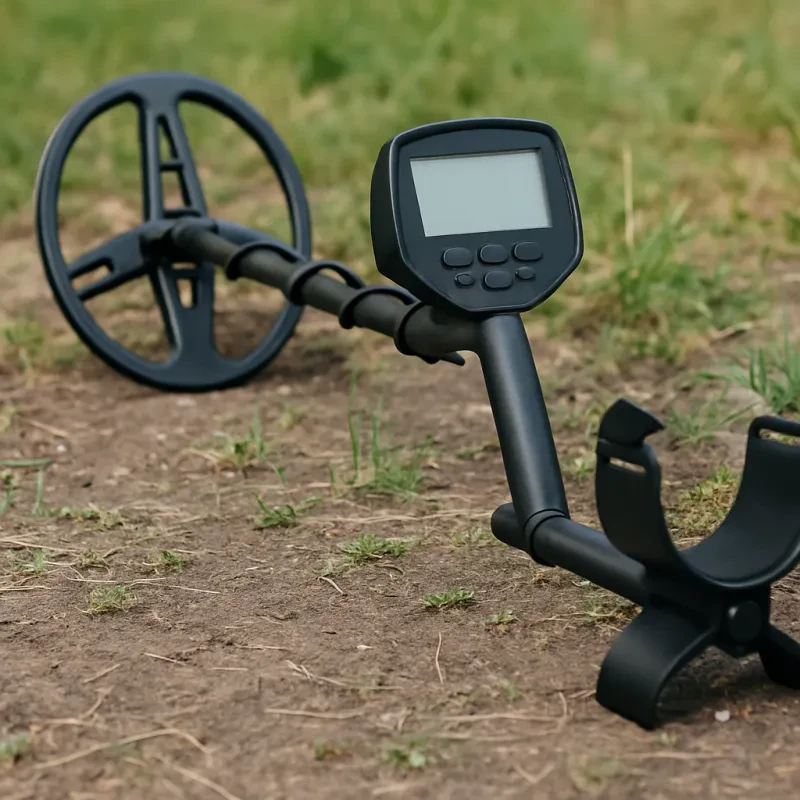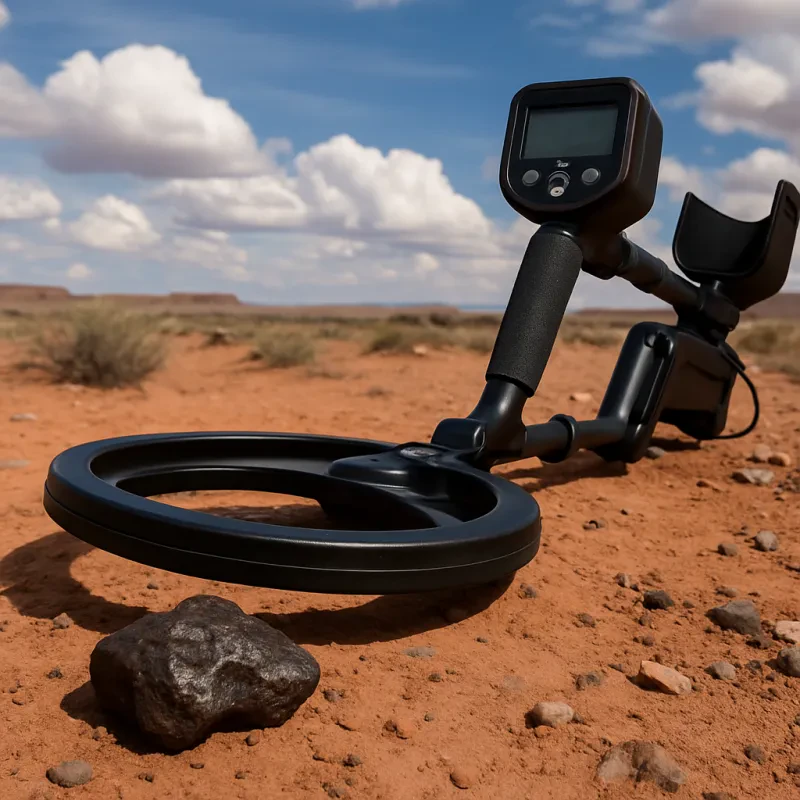Comprehensive Review of the Fisher F75 Metal Detector
Introduction
The Fisher F75 is a high-performance metal detector renowned for its sensitivity, discrimination capabilities, and depth of detection. As a flagship model from Fisher, a trusted name in the metal detecting world, the F75 caters to both amateur treasure hunters and professional archaeologists. This review delves into its features, advantages, drawbacks, and compares it with other similar metal detectors on the market.
Key Features of the Fisher F75
- Adjustable Discrimination and Sensitivity: The Fisher F75 offers adjustable settings, allowing users to fine-tune the detector's responsiveness to different metal types and ground conditions.
- Double-Filter Discrimination Modes: These modes enhance the detector's ability to distinguish between trash and treasure, especially in areas littered with metallic debris.
- Digital Shielding Technology (DST): DST reduces electromagnetic interference, ensuring that the detector's performance remains stable in various environments.
- FA (Fast Process) Mode: Increases the response speed to targets, making it ideal for areas with high trash density.
- Large LCD Screen with Target Identification: The screen displays detailed information, including a visual target ID that helps in identifying the type of metal detected.
- Lightweight Design: At just over 3 pounds, the F75 is lightweight, which minimizes user fatigue during prolonged use.
Pros and Cons of the Fisher F75
Pros
- Depth: The F75 is capable of detecting deeper targets than many of its competitors, making it a great choice for those looking for relics or deeply buried treasures.
- User Customization: Offers extensive settings to customize its functions according to specific hunting needs, which is particularly valuable for experienced users.
- Build Quality: Durable construction paired with a comfortable grip and armrest design.
- Battery Life: Operates on just four AA batteries and provides extended battery life, reducing the need for frequent replacements.
Cons
- Complexity for Beginners: The array of features and settings can be overwhelming for novice users.
- Cost: As a high-end model, the F75 is more expensive than many entry-level detectors, which might not make it the first choice for hobbyists.
- Weight Distribution: Some users have reported that the balance of the detector can feel off, especially after long periods of use.
User Experience
The general consensus among users is that the Fisher F75 excels in fields and areas with high levels of mineralization. Its ability to discriminate between worthless items and valuable metals is highly praised. Users also appreciate the intuitive interface and the detailed feedback provided on the LCD screen. However, beginners may find the learning curve a bit steep, and the price point may be a deterrent for those not fully committed to the hobby.
Comparisons with Other Metal Detectors
To provide a well-rounded perspective, it's beneficial to compare the Fisher F75 with other popular metal detectors:
Garrett AT Pro
- Price: Generally cheaper than the F75.
- Waterproofing: Unlike the F75, the AT Pro is fully submersible up to 10 feet, making it suitable for water hunting.
- User Friendliness: Considered more beginner-friendly than the F75.
Minelab Equinox 800
- Multi-Frequency Technology: Unlike the single frequency of the F75, the Equinox 800 offers multi-frequency settings, which can be advantageous in highly mineralized soils.
- Wireless Audio: Provides the convenience of wireless audio, which the F75 lacks.
- Price: Similar to the F75, making them competitive in features and user base.
The Fisher F75 stands out for its deep detection capabilities, advanced discrimination features, and user customization options. While it may come with a steeper price and learning curve, its performance in challenging conditions and durable build make it a worthwhile investment for serious metal detecting enthusiasts. However, beginners or those interested in water hunting might find models like the Garrett AT Pro or the Minelab Equinox 800 more suitable to their needs. The choice ultimately depends on specific requirements, budget, and the environment in which the detector will be used.
